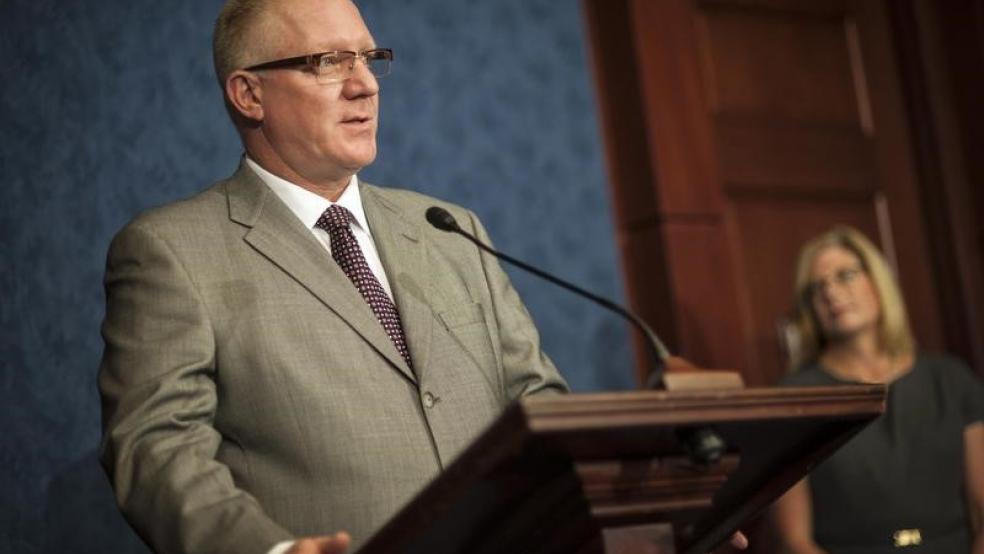WASHINGTON (Reuters) - Republican Senator Rand Paul, a potential 2016 presidential candidate, on Wednesday re-introduced a bill that would expose the Federal Reserve's monetary policy discussions and decisions to a congressional audit.
The Kentucky senator's move to re-introduce the bill, along with 30 co-sponsors, comes as Republican lawmakers and some Democrats increase their efforts to rein in the U.S. central bank and make it more transparent.The Fed gained broad regulatory powers and implemented massive stimulus measures after the 2007-2009 financial crisis, expanding its balance sheet to $4.5 trillion. (To read more about this, click on).Republican Congressman Massie Thomas of Kentucky introduced a similar bill in the House of Representatives earlier this month.The moves are a continuation of last year's congressional efforts to subject the Fed to a full audit, in addition to other measures proposed by lawmakers that would limit the central bank's authority. The Fed is subject to various audits, including reviews by the Government Accountability Office (GAO). But since 1978, its monetary policy discussions have been legally exempt from a GAO audit. Some politicians say it is time to open up those deliberations to more public scrutiny.The Fed fears that a full GAO audit would reveal too much detail of monetary policy decisions made by the Federal Open Market Committee. Fed officials have said such exposure would complicate their public communications, hurt their credibility and stoke financial market volatility. The central bank also fears that efforts to impinge on its independence would hurt U.S. monetary policy.With Democrats in control of the Senate last year, measures aimed at the Fed all died, as they have in previous years. But Republicans now control both the House and the Senate, meaning Fed bills have a better chance of winning approval and going to President Barack Obama. The president, however, is unlikely to support any major changes to the U.S. central bank. Earlier this month, Republican-led efforts to permanently reserve a Fed board seat for a person with community banking experience succeeded. The provision was attached to a terrorism insurance bill that Obama signed into law.Paul is one of a large field of potential Republican candidates for the White House in 2016. (Additonal reporting by Emily Stephenson; Editing by Chizu Nomiyama and Jonathan Oatis)Senator Rand Paul re-introduces 'Audit the Fed' bill

LANE HICKENBOTTOM



